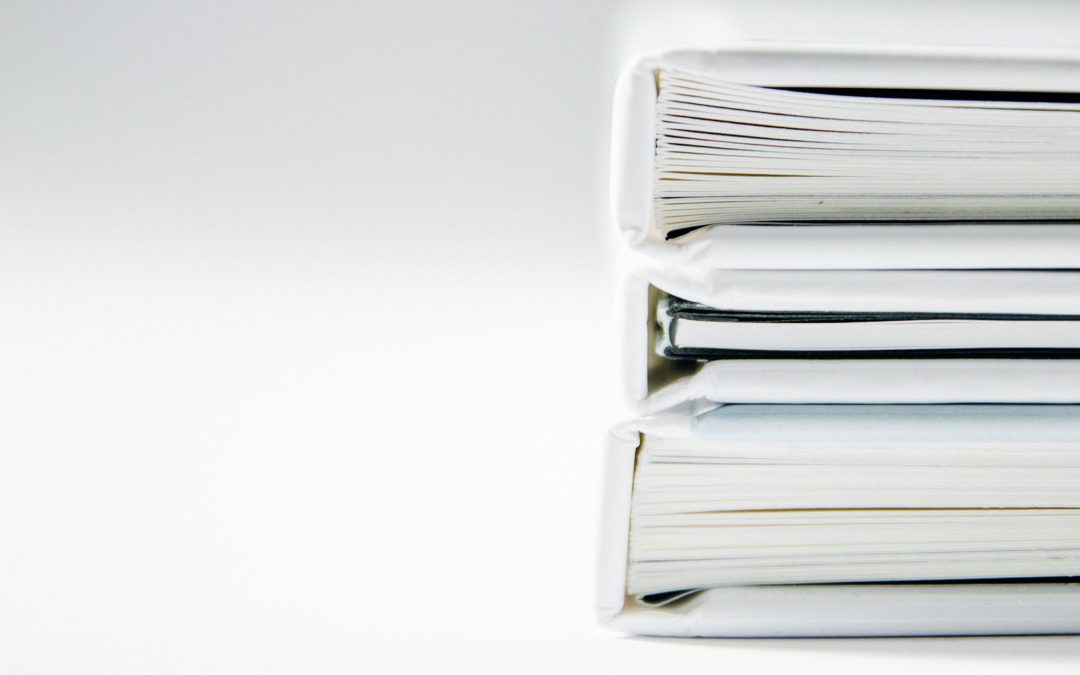Research shows that 71% of households report having copies of important financial documents in a safe place while only 1% specifically mentioned the documents are part of their household disaster supplies. Having the right documents prepared and ready to go can make a major difference when disaster strikes. In times of necessity, make sure you have the following ten documents for yourself.
1. Inventory of Possessions
Record a list of your personal property for insurance purposes. Once a year, take photos of your possessions or get a video recording of the interior and exterior of your home. A good home inventory is kept either in a fireproof container or a safe deposit box.
Pro Tip: Take your inventory of possessions grouped according to room or category.
2. Insurance Policies
It is much easier to file an insurance claim when you have evidence of your policy. Keep your property, health, and life insurance policies in one place if you don’t have them. Even though we live in a digital age, a physical copy is a benefit in emergency situations.
3. Estate Planning Documents
Copies of estate planning documents make your life easier to have in your possession. Some documents you may have include an advance health care directive, a power of attorney, a copy of your will, or even your living trust documentation.
4. Kids Protection Plan
An aspect of estate planning specific to families with young children is your kids’ protection plan. A protection plan ensures your children are taken care of by the people you want, in the way you want, and no matter what happens to you. If you are a family with minor children, it is a necessity to build a protection plan.
Pro Tip: As your kids grow up, talk with them about the kids’ protection plan and involve them in decisions.
5 – 8. Birth Certificates or Adoption Certificates, Passports, Social Security Cards, and Marriage Certificate
For every member of your immediate family, you need to bring birth certificates and adoption certificates. In bad disasters, displacement from your home occurs. Remember – if you lose everything these documents are essential.
If you and your spouse are married and certain documents have different last names, a marriage certificate proves that the state and federal governments know about your marital status. A folder with birth certificates, passports, social security cars, and marriage certificates protect you from needing to consult with the government on important documents.
Pro Tips: When others are reaching out to the government for reprints of their identification, you won’t need to rely on them for the wait.
9. Financial Statements
Never leave a question of your membership to a bank, retirement account, or trust with a copy of all relevant financial statements. Don’t depend on the companies you work with to have copies of your statements.
10. Property Deeds
A deed is a written document that provides a legal and equitable title to real property. A physical copy of your deed shows the ownership you have over a physical piece of land or property. While your title company likely has its own copy, keeping your own works better. Every state has its own regulations so consulting with a lawyer helps with your deed.
Get Organized Before Disaster
While we hope that disaster never strikes you and your efforts at keeping documentation in one place are never used! Protect yourself and your family by gathering these documents prior to disaster striking. Seek out the services of an attorney to make sure you are prepared.
The right documents that are verified by a legal professional make your life easier when facing a life-changing disaster.



Recent Comments